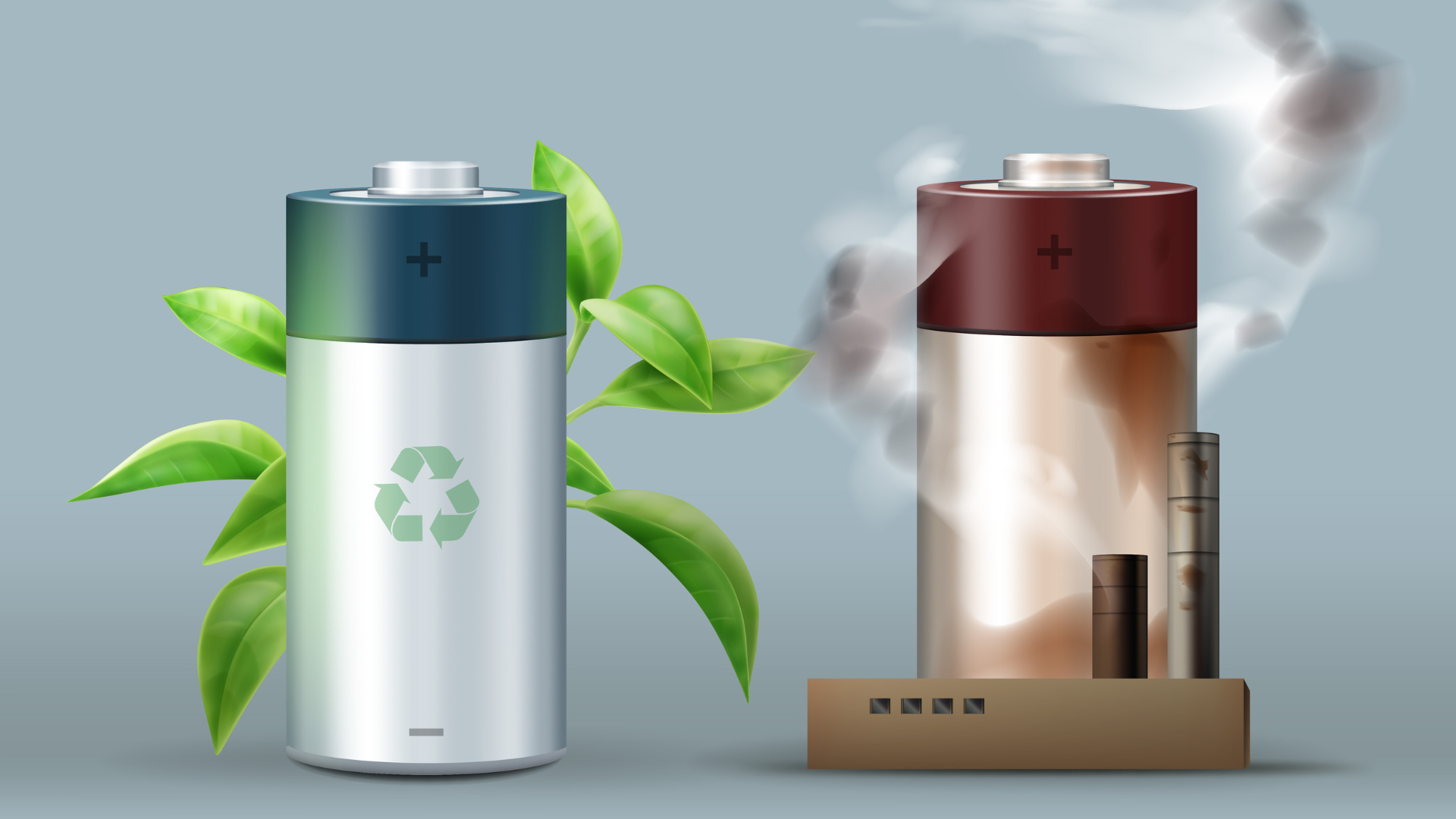![]()
Indian Lithium Ion Battery Recycling Industry
The global transit towards electric vehicles (EVs) and renewable energy has substantially increased demand for lithium-ion batteries. With the Indian government actively promoting clean and sustainable energy solutions, the lithium-ion battery market in India is poised for significant growth. However, this surge in demand raises concerns about environmental sustainability and the management of end-of-life batteries. This is where the lithium-ion battery recycling industry comes into play, presenting lucrative investment opportunities.
Rising Demand for Lithium-Ion Batteries in India:
India’s ambitious plans to transition to electric mobility have accelerated the adoption of lithium-ion batteries. The automotive sector, in particular, is witnessing a surge in EV sales, with several significant automakers investing heavily in electric vehicle manufacturing. Additionally, the renewable energy sector is driving the need for energy storage solutions, further boosting demand for lithium-ion batteries.
Challenges in Battery Waste Management:
The growing popularity of lithium-ion batteries brings forth the challenge of managing end-of-life batteries effectively. Improper disposal may result in environmental pollution and health hazards due to the toxic components present in these batteries. Recognising this, the Indian government has introduced regulations emphasising the importance of sustainable battery waste management.
Government Initiatives and Regulations:
To address the environmental impact of battery waste, the Indian government has implemented regulations to promote responsible disposal and recycling. Investors may benefit from these initiatives by participating in the development of sustainable and compliant recycling facilities. Schemes such as the ‘Extended Producer Responsibility’ (EPR) framework require battery manufacturers to take responsibility for the complete lifecycle of their products, including recycling.
Investment Opportunities in Recycling Infrastructure:
a. Battery Recycling Plants:
Establishing state-of-the-art battery recycling plants is a primary investment opportunity. These facilities can recover valuable materials such as lithium, nickel, cobalt and other metals from used batteries through advanced recycling technologies. Investors can collaborate with technology providers or enter into joint ventures with existing recycling companies.
b. Research and Development:
Investing in research and development to enhance battery recycling technologies is crucial. Innovation in efficient and environmentally friendly processes can give investors a competitive edge and contribute to sustainable practices in the industry.
c. Logistics and Collection Networks:
Developing efficient logistics and collection networks for used batteries is another area ripe for investment. Creating a seamless system for collecting end-of-life batteries from various sources, including consumers and industries, is essential for the success of recycling initiatives.
Market Potential and Circular Economy:
The lithium-ion battery recycling industry aligns with the idea of a circular economy, where resources are recycled and reused, minimising waste. India’s commitment to sustainability and the circular economy presents a significant market potential for investors in the battery recycling sector. As the need for batteries continues to rise, the need for efficient recycling solutions will grow in tandem.
International Collaborations:
Investors can explore opportunities for international collaborations and partnerships. Learning from global best practices and leveraging international expertise can enhance the efficiency and competitiveness of the Indian lithium-ion battery recycling industry.
Environmental and Social Impact:
Investing in the lithium-ion battery recycling industry is financially rewarding and contributes to environmental conservation and social responsibility. By preventing the improper disposal of batteries, investors play an essential role in mitigating environmental pollution and protecting public health.
Conclusion
The Indian lithium-ion battery recycling industry presents a promising investment landscape driven by the surge in battery demand, government initiatives, and the global shift towards sustainable practices. Investors can capitalise on opportunities in recycling infrastructure, research and development, logistics, and international collaborations. By participating in this emerging sector, investors can contribute to India’s sustainable development while reaping the financial rewards of a rapidly growing market.




